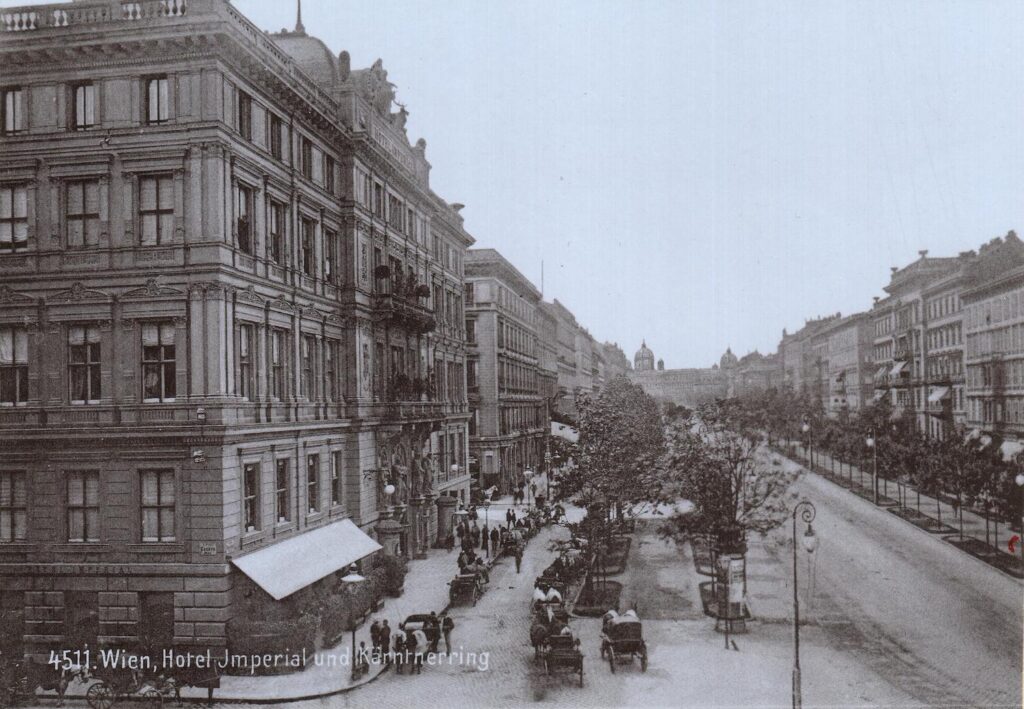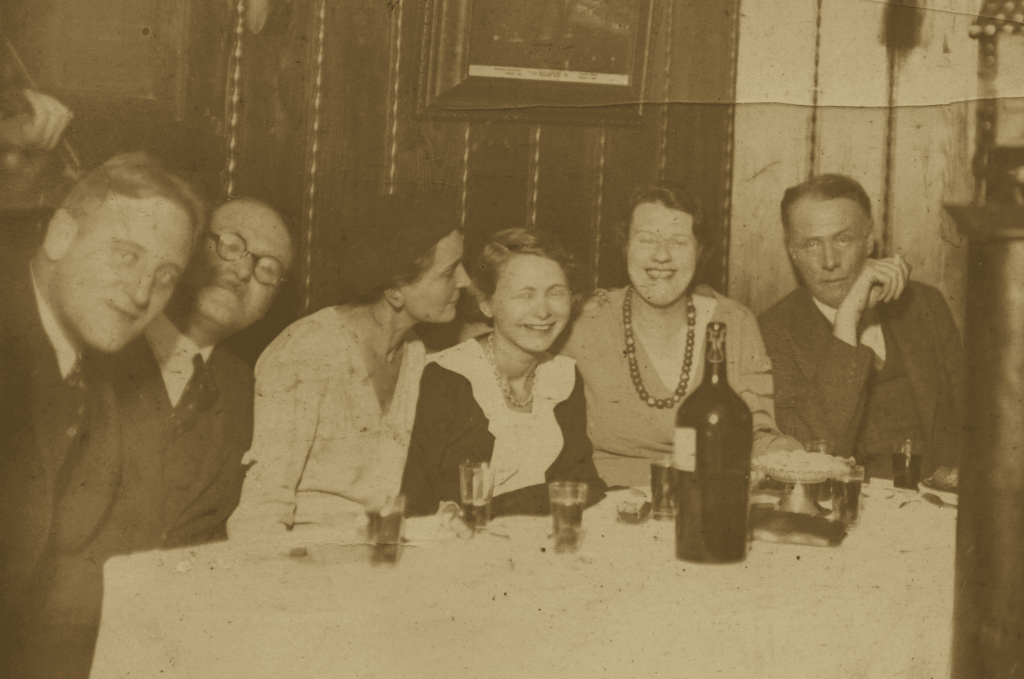‘Last Call at the Hotel Imperial’ Chronicles the Wartime Reporters Who Risked Their Lives To Light Candles of Truth Amid Fascism’s Darkness
Journalists in the heart of Europe risk it all to send dispatches home, battling censorship and threats as they interview everyone from dictators to statesmen.

‘Last Call at the Hotel Imperial: The Reporters Who Took on a World at War’
By Deborah Cohen
Random House, 592 pages
The news, it’s said, is the first draft of history, and “Last Call at the Hotel Imperial: The Reporters Who Took on a World at War” tells the story of journalists who helped write it, interviewing everyone from Benito Mussolini and Adolf Hitler to Jawaharlal Nehru and Karamchand Gandhi.
Long before internet cafés, when portable typewriters weighed 40 pounds, bars already served a central role in the journalist’s life. “Last Call” invites us to visit one that became a newsroom with a liquor license during the bloodiest war in history.
The Hotel Imperial at Vienna hosted journalists including John Gunther, H. R. Knickerbocker, Vincent Sheean, and Dorothy Thompson, whose efforts to uncover and report the unvarnished truth is central to “Last Call.”

The Richard W. Leopold Professor of History at Northwestern University, Deborah Cohen invites us to belly up to the bar, bringing to life the challenges journalists faced from Nazi thugs and, later, American and British censors.
The Hotel Imperial offered a refuge amidst the gathering storm and a front-row seat for the Anschluss, Hitler’s annexation of Austria into the Third Reich. As the Brownshirts closed in, they brought with them hostility to the press that oozes from every page.
It’s accepted now that the war needed to be fought, but “Last Call” begins when isolationist sentiment was strong in Washington and appeasement the policy in London. Defiant against all attempts to silence them, our heroes keep pecking away at their typewriters.
By keeping at their posts, these journalists told stories that few dared write and fewer wanted to read. Small wonder they sought out each other’s company — brothers and sisters in arms brandishing pens rather than pistols, using a bar for a bunker.
“You’re walking in, and it is dark and smoky,” Ms. Cohen says of the Hotel Imperial bar in her History Author Show interview, “and you’re going to see two men, two big, tall, handsome, blond Illinoisans.”

These are Sheehan, who hailed from “a small coal town,” and Gunther, a Chicagoan. Both climbed from cub reporters in what the Sun’s editor, Charles Dana, dubbed “the windy city” to foreign correspondents in a Europe convulsing with putsches, coups, and revolutions.
Gunther gained fame with his 1936 book, “Inside Europe,” which broke taboos, Ms. Cohen told me, by giving a “behind-the-scenes account of what was going wrong in Europe.” Gunther dared to report the reality behind Nazi myths, such Hitler’s “Oedipus complex as big as a house.”
Mussolini, Gunther reported, was superstitious, and hidden tensions with Hitler threatened to crack the Axis. The wiry redhead, Knickerbocker, was reported to be the highest-paid international correspondent in the world, working for William Randolph Hearst’s International News Service.
Thrown in a dungeon by the fascist dictator of Spain, Francisco Franco, Knickerbocker was, Ms. Cohen said, “the complete bête noire of Hitler’s propaganda minister, Joseph Goebbels,” a dangerous distinction that he wore as a badge of honor.
At the center of the action at the bar and in “Last Call” is Dorothy Thompson, “the first lady of American journalism.” She can “hold her drink,” Ms. Cohen said, while telling riveting stories and asking probing questions.
Thompson, the first American woman to lead a major overseas news bureau — for the New York Post — is also the first to have a syndicated political column and the first American reporter kicked out of Nazi Germany in 1934.
In “Last Call,” we also meet Gunther’s wife and fellow writer, Frances Fineman. Shy with the others, she “doesn’t really like bars,” Ms. Cohen said, making her something of a surrogate for readers who can only observe the action, sipping our drinks in rapt silence as the words fly.
Ms. Cohen told me that her subjects “jumped off the page,” which mirrored my experience reading “Last Call.” The book brought a rare sense of presentism, making readers feel the menace of wartime in a way histories written decades later seldom do.
“Last Call” is the story of journalists who risked their lives to light candles of truth amid fascist darkness. Free people can’t repay the debt owed to their bravery with a few rounds at the Hotel Imperial, but their story proves just as intoxicating.

